Welcome to ACL |
|
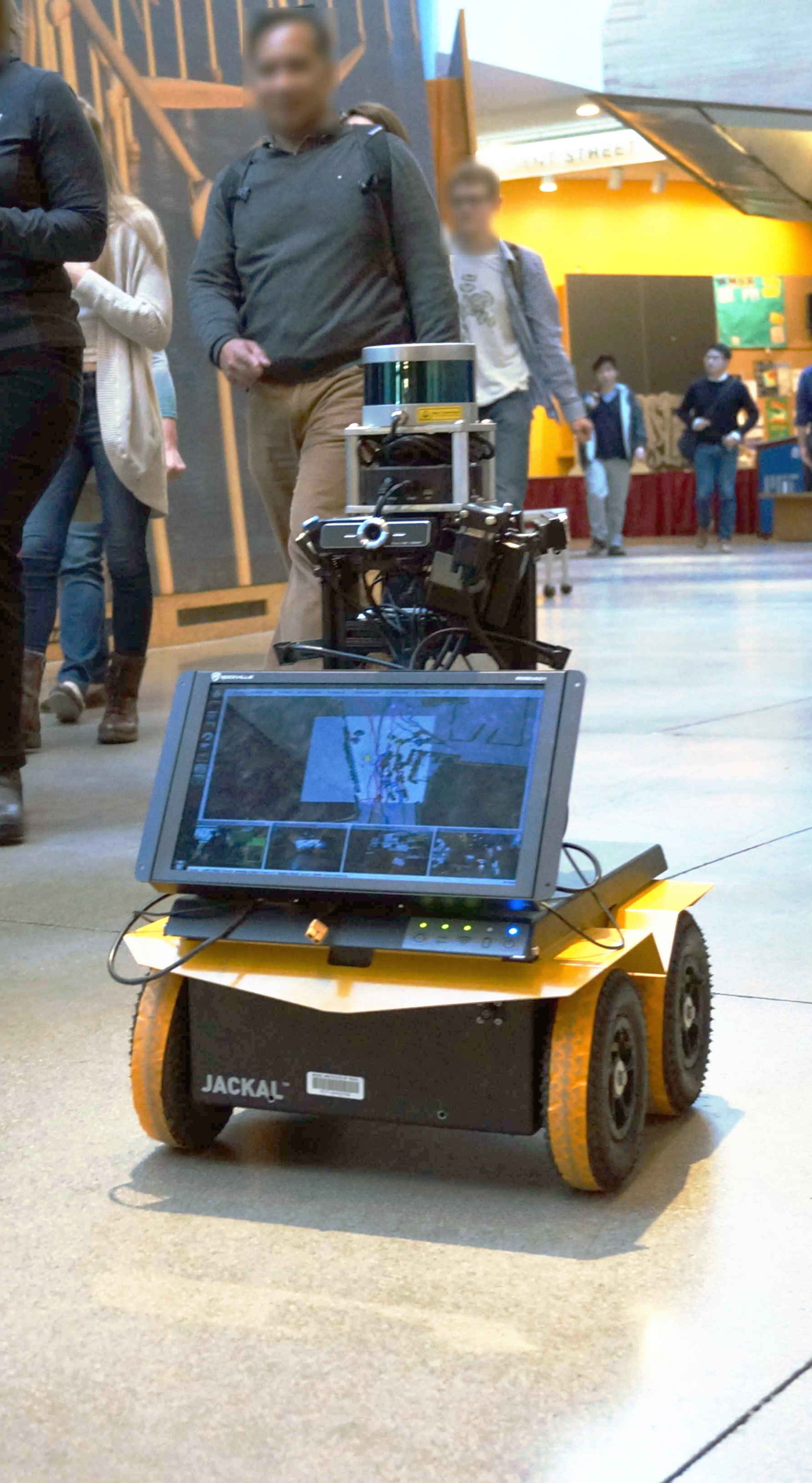
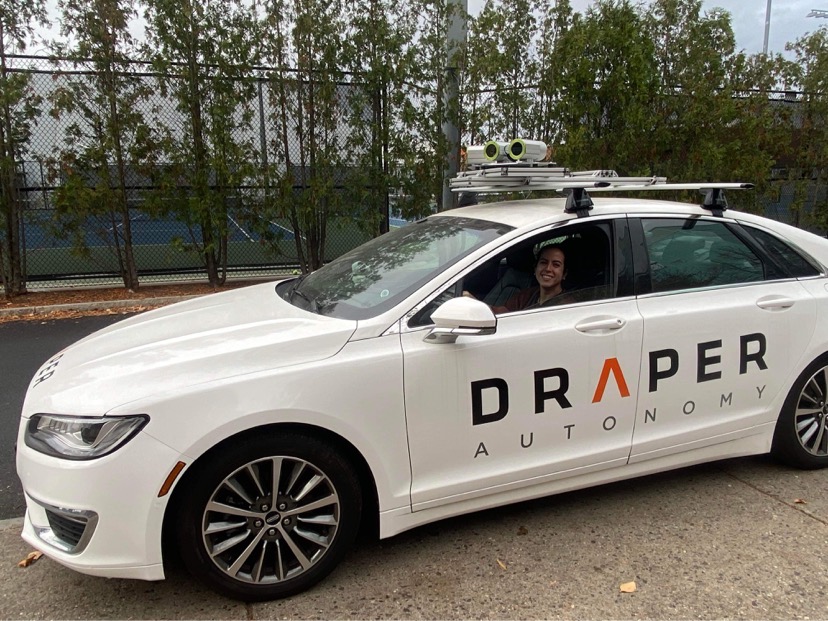
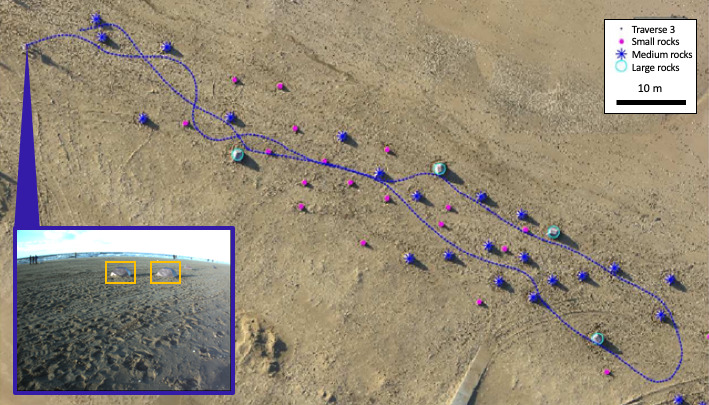
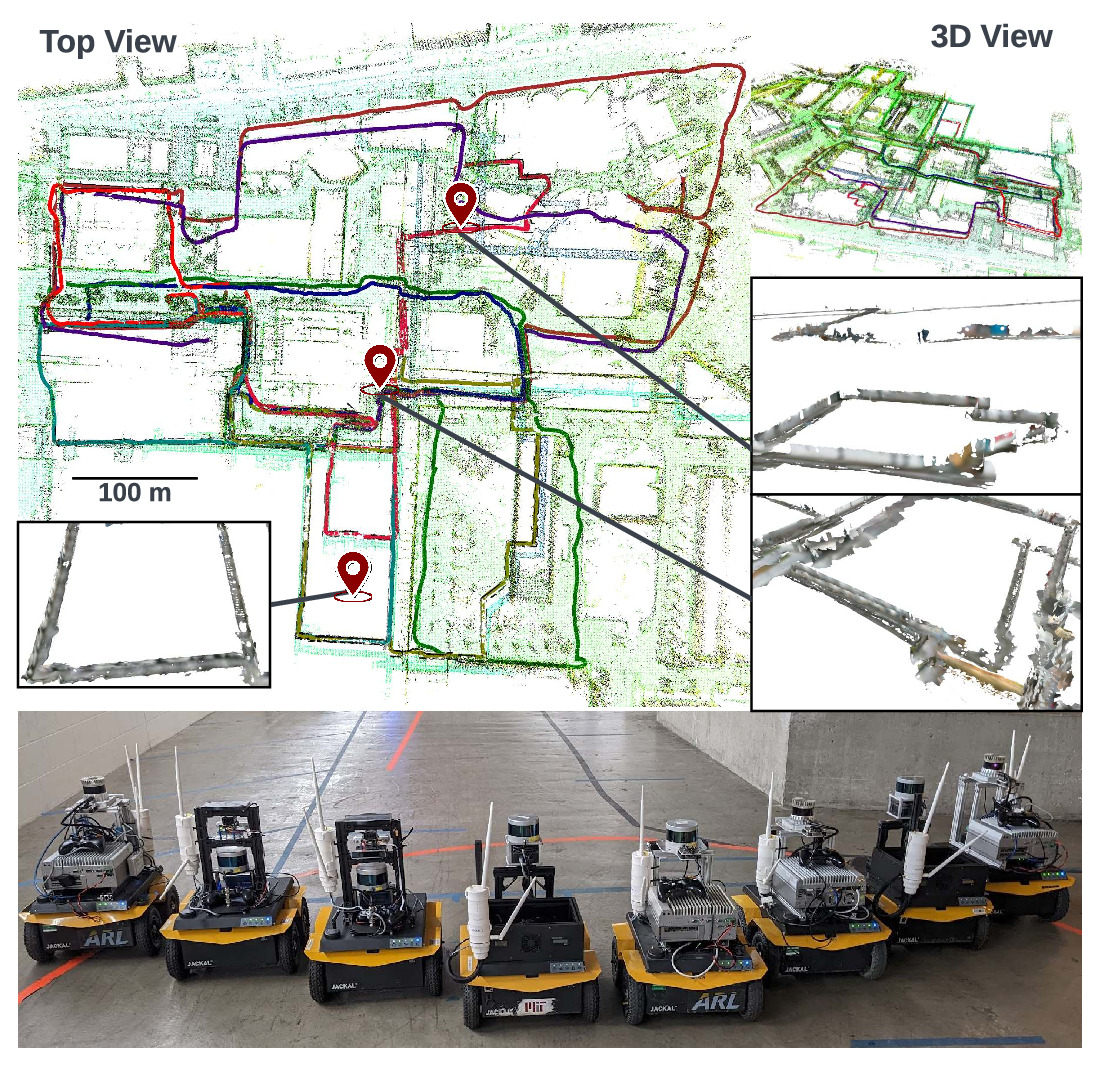
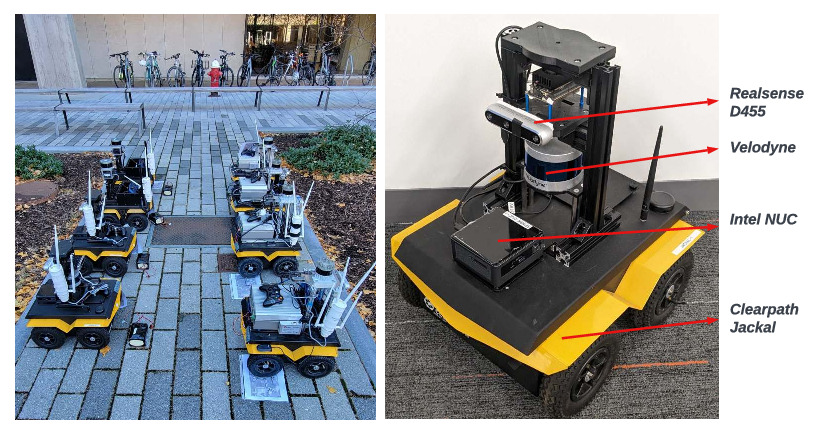
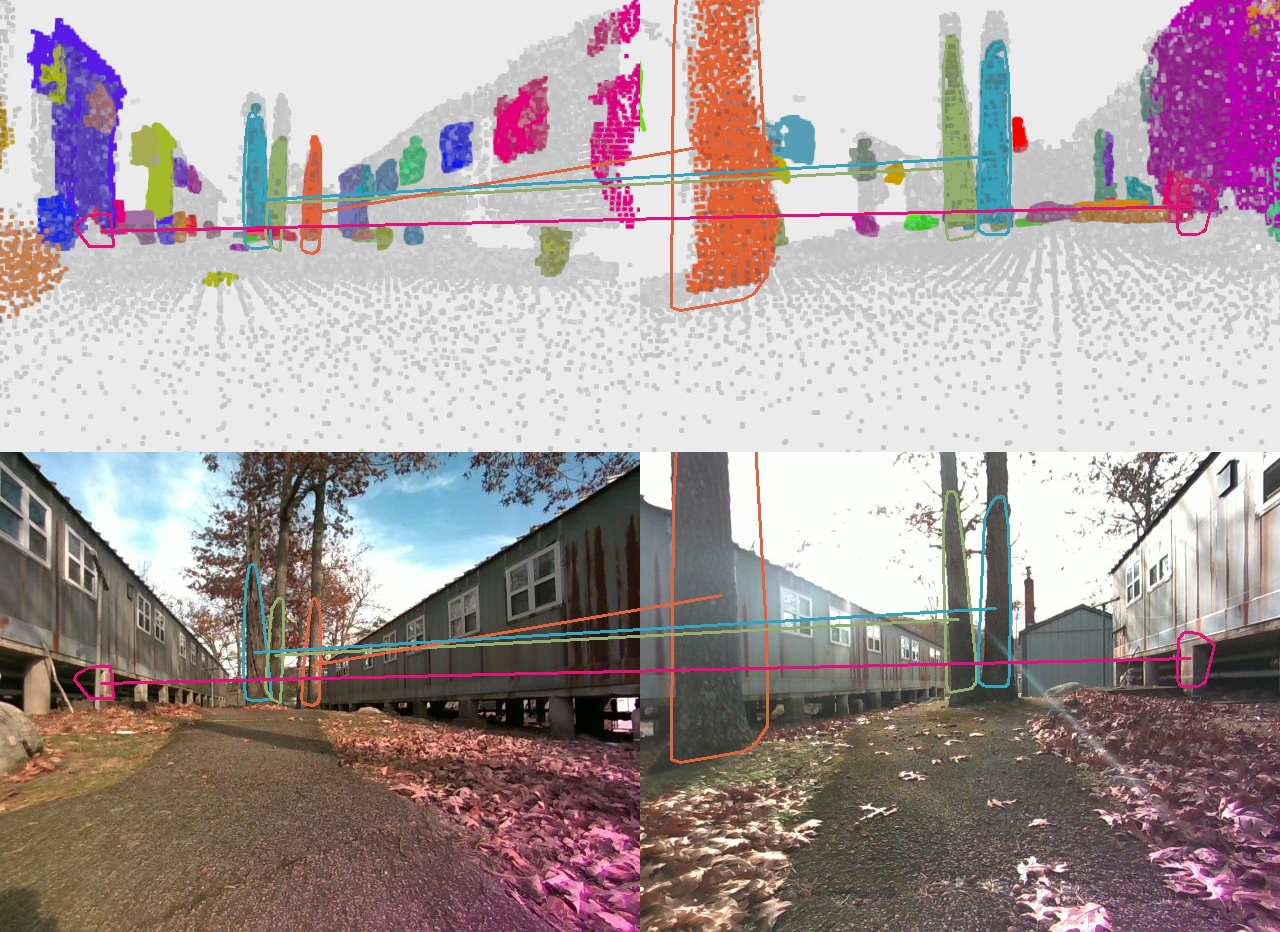
We research topics related to autonomous systems and control design for aircraft, spacecraft, and ground vehicles. Theoretical research is pursued in areas such as:
|
|
Statement of Values |
|
|
The ACL welcomes a diversity of opinions and thoughts; we recognize that different backgrounds bring new technical insights and social ideas that foster creativity and are critical to reaching our full potential as a group. The ACL has members of different ages, from different geographic areas, races, genders, religions and backgrounds, and we strive to create a supportive and friendly research environment independent of our differences. By doing so, we create new opportunities, work closely together as a group, and support each other in achieving technical excellence. The members of the ACL demonstrate these values through activities such as providing feedback at the weekly lab group meetings, reading and editing each other’s papers prior to submission, helping with software and algorithmic issues, and aiding in performing experiments. These values are also evidenced by the support and mentorship of fellow lab members in the group. All group member are safe, and all inputs are valued. The ACL is also connected to different intersecting communities at MIT, including the department of Aeronautics and Astronautics, the department of Electical Engineering and Computer Science, the School of Engineering, the greater robotics, controls, and aerospace research field, and more. Members of the ACL connect with each other regularly through formal and informal lab social events, and with the wider MIT community through involvement in cultural clubs, dance groups, outreach organizations and much more. The ACL’s achievements would not be possible without the diverse backgrounds and experiences of all of our members. The ACL commits to maintaining and improving our inclusive lab culture through group participation in efforts like: producing high-quality, publicly available videos to expose others to key concepts and ideas in our research, mentoring and advising a diverse group of undergraduate researchers each year, participating in local STEM outreach events, and expanding our reach through virtual, interactive sessions to engage young students with STEM. |
|
||||||||||||||||||||||||